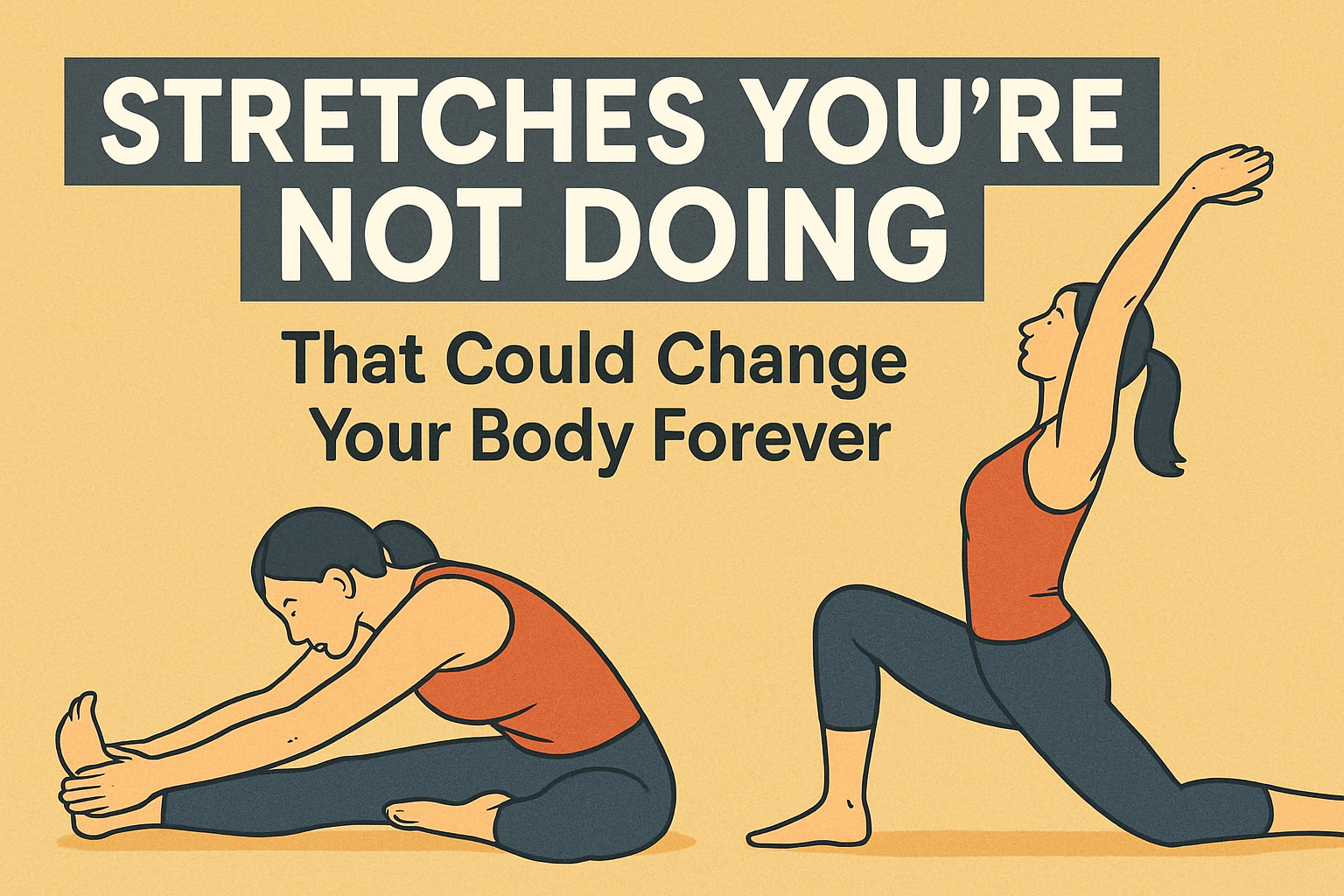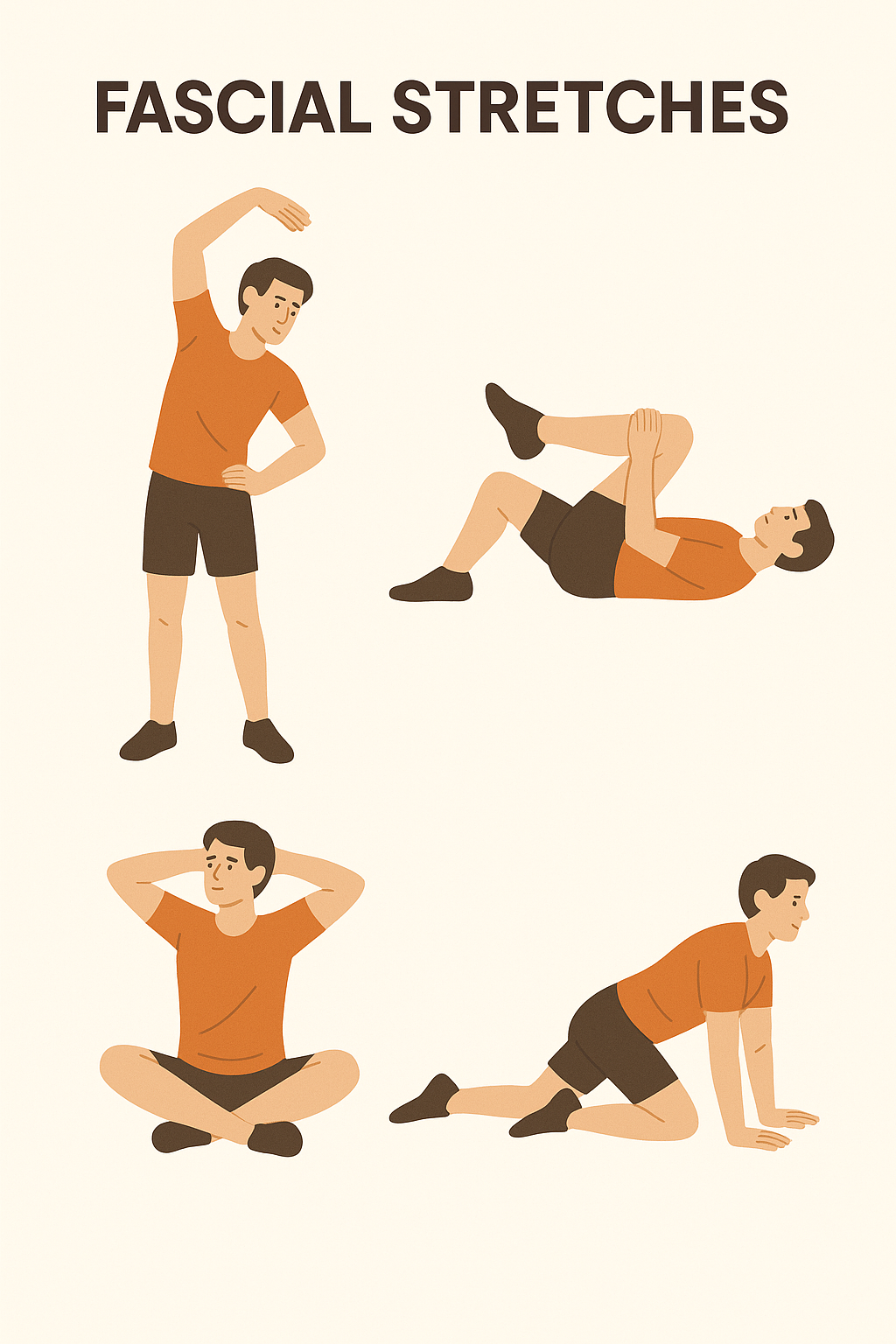Stress is responsible for everything from sleep issues to heart attacks.
Dr Hyman says stress causes issues like:
- cortisol increase, hunger increase, weight increase
- muscle mass loss, skinny arms and legs - but a fat belly
- Cushing's syndrome, a cortisol-producing tumor
Dr. London says chronic stress has these effects on our cardiovascular system:
- increases sympathetic nervous system, constricts blood vessels
- increases high blood pressure, risk for heart disease
- increases inflammation, risk for heart attacks
- increases cortisol, risk of heart disease
Dr. London says we can figure out what our stress load is by monitoring our HRV:
- Heart Rate Variability (HRV) - it can be monitored with wearable devices
- HRV measures autonomic nervous system (fight or flight)
- The higher your HRV, the more balanced your nervous system
- exercise, sleep, hydration and mindfulness all increase HRV which decreases risk of cardiovascular disease
What Are Good HRV levels?
Good HRV levels are different based on your age and gender.
Whoop users tend to be athletic or health conscious, so if your HRV matches its user averages then you are in a good HRV range.
Average HRV: 65 for men and 62 for women.
Average HRV for 25-year-olds: 78
Average HRV for 35-year-olds: 60
Average HRV for 45-year-olds: 48
Average HRV for 55-year-olds: 44
But it's always better to compare yourself to your previous numbers instead of comparing yourself to others: Follow your own HRV trends.
What's The Big Deal About HRV (Heart Rate Variability?)
Why am I supposed to test this biomarker? And how do I do it?
Why Do HRV Tests Measure The Gap Between the Parasympathetic and Sympathetic Systems?
The sympathetic nervous system is your "fight or flight" response that quickens your heart rate and prepares your body to act. The parasympathetic nervous system (PNS) is the opposite "rest and digest" system that slows your heart rate.
The interplay between these two systems is crucial for maintaining homeostasis - or balance. That's why measuring the HRV gap between them tells you if you're mostly relaxed (which is good for you) or if you have chronic stress (which causes cardiovascular diseases, mental health issues, and is even a mortality risk).
Remember: low HRV is bad, high HRV means you're healthy and calm.
What Devices Can Monitor Your Stress?
While on the surface Fitbit is a fitness app, it also measures your stress levels through their Electrodermal Activity (EDA) feature. This feature measures your body’s stress by detecting changes in sweat gland activity.
Many of the Fitbit devices offer guided breathing exercises and mindfulness exercises to reduce stress and improve your HRV.
Whoop shows your daily recovery score based on HRV, resting heart rate, and sleep performance.
Okay, so everything from a FitBit to Whoop to an Apple Watch can measure HRV. But how do you know if you're monitoring your HRV correctly?
What Tests Can You Ask Your Doctor to Do?
Your doctor can test your cortisol levels, Heart Rate Variability (HRV), your thyroid and you can also ask for an Electrocardiogram (ECG) to test your heart health.
Always Talk to Your Doctor
At home tests are great for daily health monitoring, but you should also see a medical professional about your symptoms.
Don't have a doctor?
Zocdoc connects you to healthcare professionals. You can find a doctor in your area and that will also accept your insurance coverage. This platform lets you see doctors' profiles, read patient reviews, and book appointments.
Today's Host

Boost Health Daily Host
Featured Health Specialists

• Senior Medical Advisor @clevelandclinic • Co-Founder @functionhealth • Founder & Director @ultrawellnesscenter • 15x NYT Bestselling Author

🫀Board Certified Cardiovascular Surgeon🫀

Board certified neurologist specializing in integrative neurology and medicine

Hi! My name is Tim Frost and I love everything fitness. Right now my goal is to give everyone the best information I can with the fitness technology that is out there.

Cardiologist and Personal Trainer discussing healthy living, lipids, cholesterol, diet, exercise, nutrition, fitness, and medical research

FUNCTIONAL DIETITIAN + FITNESS COACH










What do you think?
It is nice to know your opinion. Leave a comment.